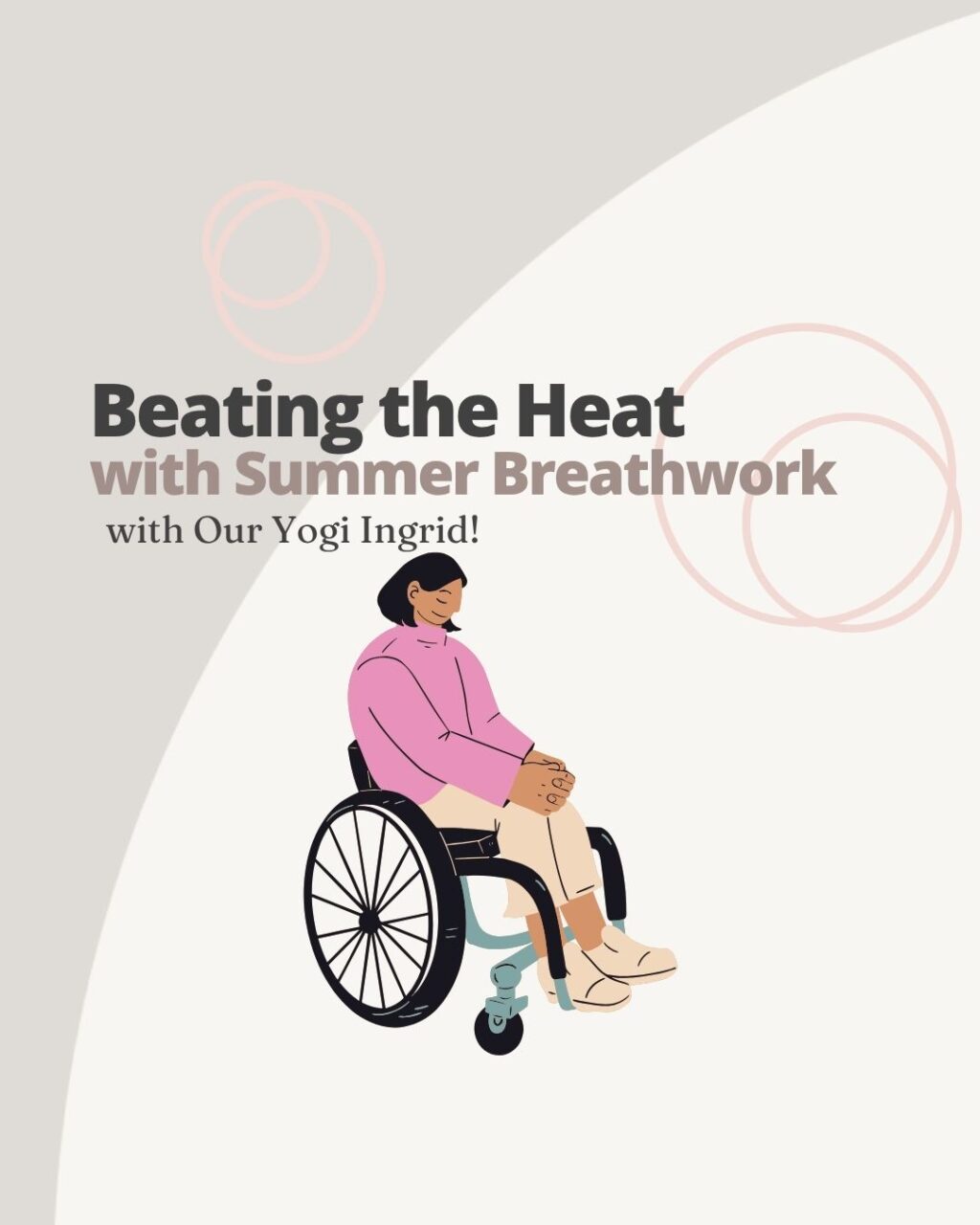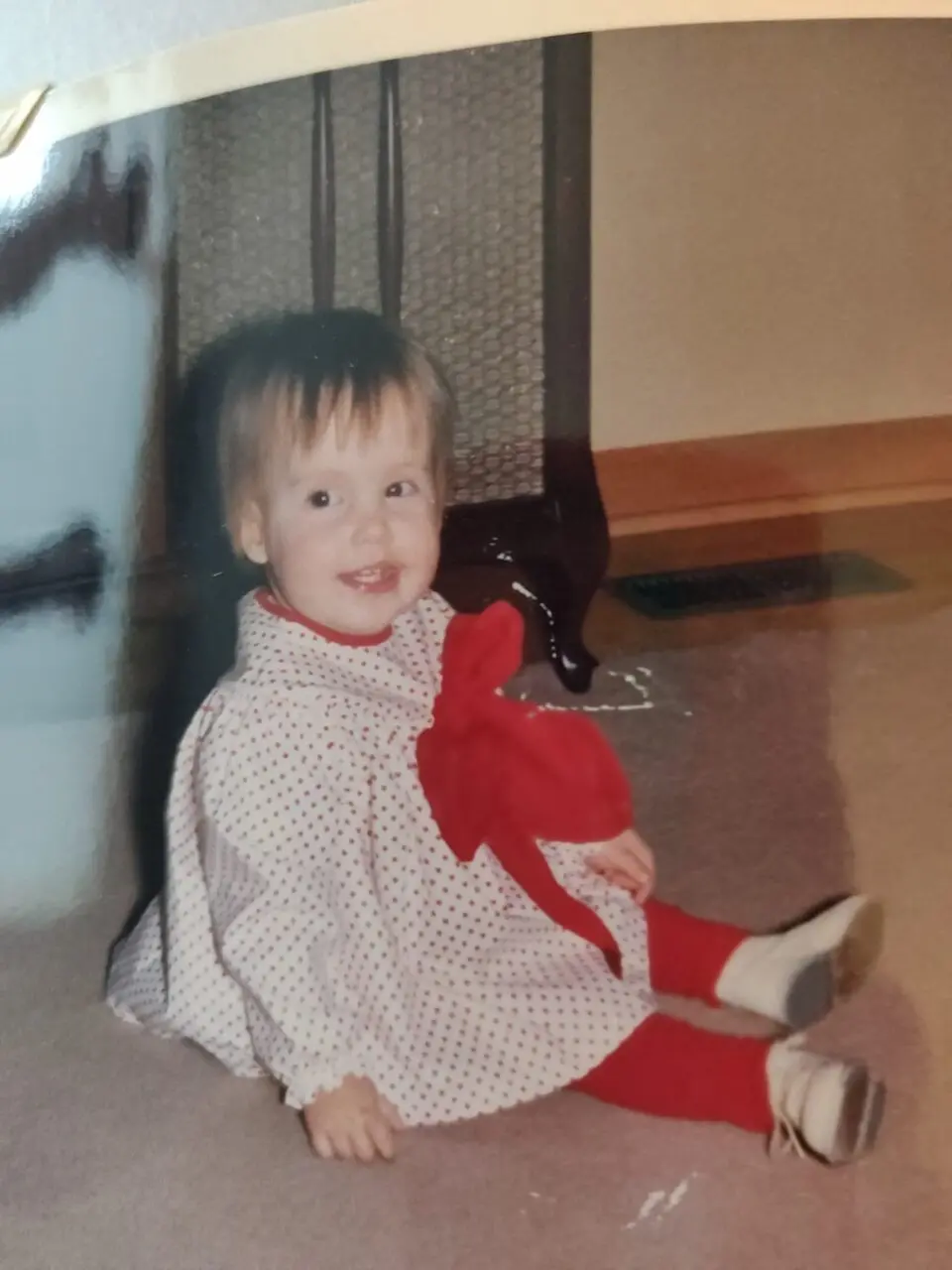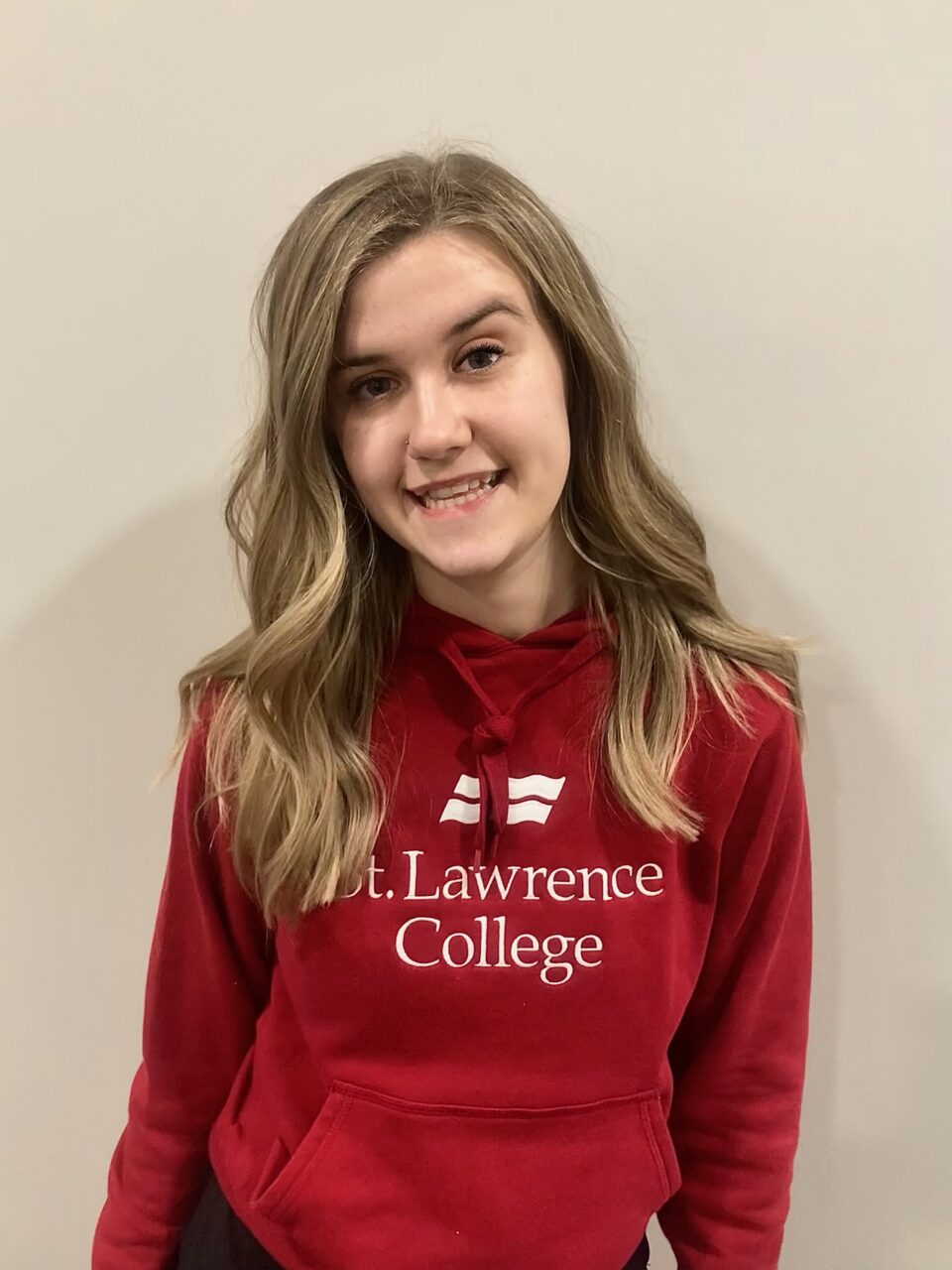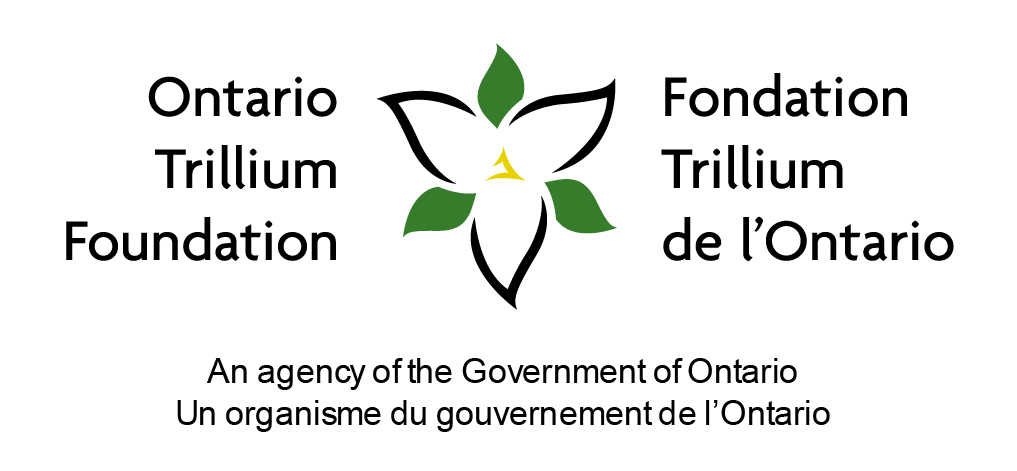by Mary Dufton
Forty-two-year-old Ottawa resident Angela Psimenatos enjoys reading, connecting to her Greek heritage, speaking Greek at home, embracing the culture, language, and cuisine. She lives with her mother and is very close to her extended family. Although she does not have children of her own, she is very close to her niece and nephew and spends as much time as she can with them.
Like anyone with a disability, Angela finds ways to adapt her condition to her environment or surroundings and does not let her disabilities define or limit her. She is an active volunteer at a local sexual assault centre and is active in the disability community.
Angela developed hydrocephalus and cerebral palsy after birth from a brain hemorrhage. About twenty years ago, her neurosurgeon determined that she no longer needed her shunt, which had become infected, and it was removed. Neurosurgery is risky and she was paralyzed afterwards and had to learn to walk again. Thankfully, today her hydrocephalus is stable.
In addition to cerebral palsy and hydrocephalus, Angela also has had chronic pain since 2011. Her chronic pain is managed with lidocaine injections every eight to thirteen weeks. She also practices yoga daily and has online yoga classes twice a week. “Yoga calms down my nervous system and reduces my pain through mindfulness. Physiotherapy helps with my muscle spasms.”
According to Angela, “I never know when I wake up, how tired I may feel or how much pain I may be in. So, if I am not feeling well, I will do fewer activities. On a higher energy day, I will do more. Although I drive, I do not drive at night. I avoid heavy traffic areas and because multi-tasking is difficult for me, I must have quiet in the car. If I have my mother with me, for instance, she knows she cannot talk to me as it’s very distracting and driving requires a lot of attention. I enjoy cooking, so what works for me is to perform each task, step by step in a sequential manner.”
When Angela was a child, she spent every other summer in Greece to learn the language and the culture at a camp. Her mother, especially, has high expectations of her and taught her to do her best, which meant an inordinate amount of effort and a lot of support (tutoring), and it yielded results.
“Higher education is very important to me. I took a university course, which explored the layers of ableism (the idea that people with disabilities are less valuable than people without disabilities) and learned a lot about how other minority groups live well. This course helped me relate to myself differently and broadened my ability to navigate the world with a disability.”
Growing up, Angela tried to gain as much functional ability as possible and was frustrated by her physical limitations. She strove to approximate what is “normal,” but now accepts her limitations with more grace than before. Recently, she developed a blister on her foot from walking. At one time, she would have never considered using a mobility aid but now she realizes that by using a cane, she is free of pain. ‘I no longer care about being seen as different. It is more important to me to be healthy and pain free.”
School was also difficult for Angela, in terms of her learning style, which was not understood by her teachers or peers. “I recall being called ‘stupid’ by my teachers. Since my disabilities were not readily obvious, I struggled to meet others’ expectations and I didn’t get the support I needed to thrive. Things improved for me in my last year of high school, as I had a history teacher who helped me get accommodation (extra time) for my final high school exams. This accommodation enabled me to pursue a university education and I earned Bachelor’s degrees in English literature and translation. My academic accommodations included extra time for assignments and exams, a quiet room for exams to help me focus, and a note taker. I also have a certificate of Greek language attainment from Aristotle University in Thessaloniki, Greece. With the right accommodations, anyone can excel.”
Although Angela is strong in language and verbal abilities, she has been unable to work as a translator because her disabilities make the demands of the job, such as a fast pace and long hours at a computer, difficult for her.
Angela is passionate about disability issues and social justice. She has worked for Independent Living Canada as a translator and youth outreach coordinator. She has also helped Planned Parenthood Ottawa develop a sexual health curriculum for students with developmental disabilities. Currently, she volunteers with the Sexual Assault Support Centre of Ottawa. In that role, she uses her lived experience of chronic pain and disability to connect with others. Wherever she goes, she meets people she can relate to. Angela has been a member of Hydrocephalus Canada’s Tasters Club in Ottawa for about 15 years. It helps her feel less isolated through the friends she has made and she enjoys the outings.
She began volunteering as a peer support worker at the Sexual Assault Support Centre in Ottawa in 2017, following a friend’s suggestion. Angela finds it very emotionally challenging but rewarding work. “Peer support can be transformative. My listening to their story, offering validation with a disability lens helps women feel understood and less alone. My support style is informed by identity as a person with a disability who has chronic pain. I feel like I have changed lives by listening to people’s experiences while sharing my own.”
Angela offers this advice for someone living with spina bifida and or hydrocephalus: “It is important to know your symptoms and advocate for yourself when you feel sick. Attending to your physical and mental health is crucial, whether your symptoms are visible or not. It can save your life.”
To read more about Angela’s perspectives on living with disability and chronic illness, and how to foster inclusion in the workplace, visit:
Imagining Accessible Work – Mental Health Commission of Canada





